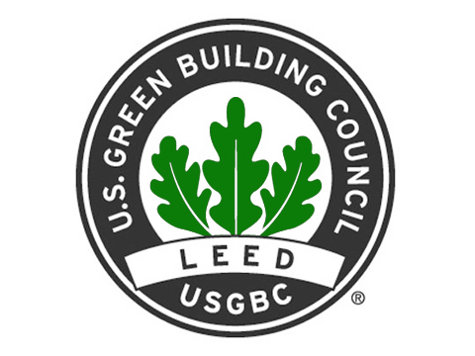Though the United States Green Building Council (USGBC) recently announced that they would postpone balloting on controversial amendments to its LEED building certification program until June 2013, they gave no hint of openness to working towards a consensus-based approach.
But despite what could be considered a small victory, the struggle against de facto government banning of safe building materials continues.
This week a bipartisan group of 18 U.S. Senators asked federal regulators at the Government Services Administration to forswear its presumed adoption of LEED lest USGBC administrators adjust its anti-chemical bent. The group–including Republican senators James Inhofe, Ron Johnson, John Cornyn and Dan Coats–said the green building program would “not only threaten jobs, [but] it will amost certainly cost taxpayers money.”
While the letter expressed support of LEED’s mission of “increasing energy efficiency and lowering operating costs over the life of a building,” the senators also sounded sirens of alarm at the exclusion of proven safe products.
Specifically, the group targeted the USGBC’s plan to create a pair of “Materials and Resource” credits under the new LEED certification standards. These credits, “one for material ingredient reporting and one for avoidance of chemicals of concern,” would negatively impact scores of materials that are proven to be cost and energy efficient — by even the government’s own studies.
A companion press release, circulated by the American Chemistry Council, further underscores the point through chastising the USGBC’s exclusion of “certain chemistry materials, including those used in products that enhance energy efficiency, water conservation and building safety,” and noting that “the necessary improvement will only be made if USGBC embraces a true consensus process.”
As a result of USGBC’s attempts at implementing unfair standards, not only is the certification’s system credibility at stake, but so too are American jobs, and taxpayer dollars in an already-struggling economy.
As the senators note, standards that arbitrarily exclude proven materials defeat their overarching purpose, and turn the market against products that have been effectively utilized for years. Such restrictions on chemicals would negatively impact “energy-efficient construction products, such as insulation, roofing, wiring and energy-efficient windows,” they write.
The letter closes with a request that the GSA forswear LEED, should the agency not reconsider such anti-chemical standards, citing that it “would amount to a federal endorsement of efficiency standards which preclude the use of some of the most effective techniques and materials…especially when the rejection of these materials would mean the loss of jobs and economic growth at a time when our country can least afford it”.
Yet the USGBC seems determined to continue down a road of “ill-conceived measures to force builders and architects away from proven building products,” endangering American jobs while we are already in dire economic straits.

COMMENTS
Please let us know if you're having issues with commenting.